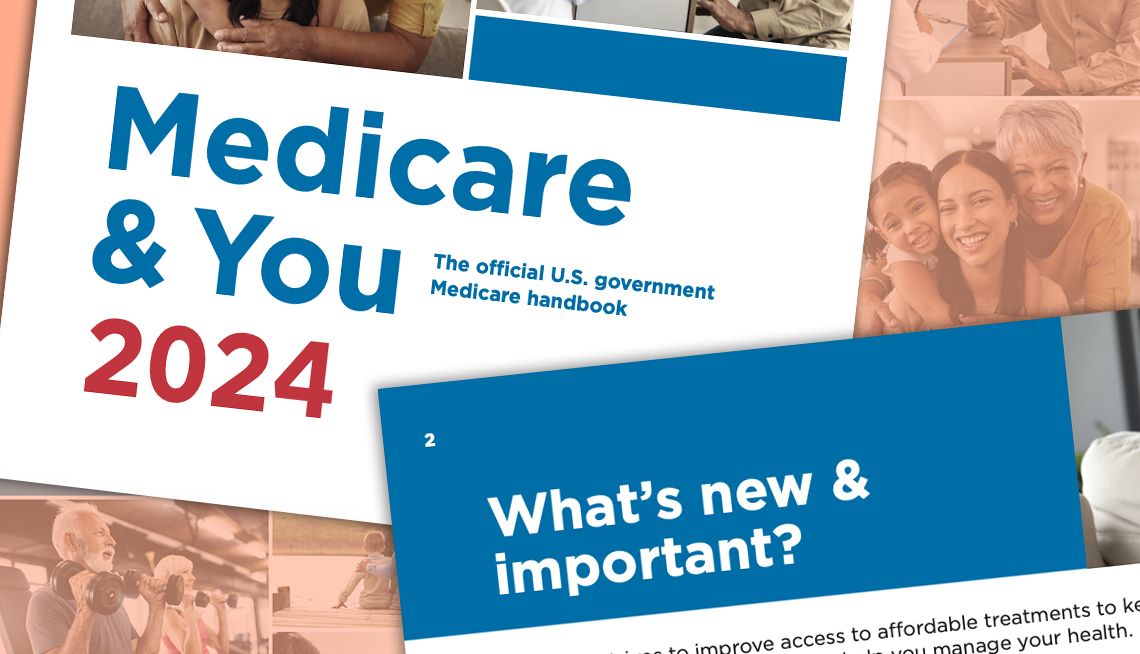
As you approach retirement, it’s important to think about your financial and healthcare needs, including how you’ll pay for Medicare and retirement. Medicare covers millions of retired Americans over the age of 65, and it can be a valuable resource for you if you won’t have private health insurance when you retire. Here are some steps you can take to make sure you’re prepared for Medicare when you retire.
First, familiarize yourself with the different parts of Medicare. Part A covers hospitalization, while Part B covers doctor visits, preventative care, and some medical equipment. Part C, also known as Medicare Advantage, is offered by private insurers and includes Parts A and B, as well as additional benefits like prescription drug coverage. Part D covers prescription drugs.
Next, determine when you’re eligible for Medicare. You’re eligible for Medicare at age 65, regardless of whether you’re still working or have retired. If you’re already receiving Social Security benefits, you’ll automatically be enrolled in Parts A and B. If not, you’ll need to sign up during the seven-month initial enrollment period, which begins three months before your 65th birthday.

Consider whether you’ll need supplemental coverage. While Medicare covers many healthcare expenses, it doesn’t cover everything. You may want to consider purchasing a Medicare Supplement plan, also known as Medigap, which can help pay for out-of-pocket costs like deductibles and copayments. You can also consider Medicare Advantage plans, also known as Plan C, which may offer additional benefits like dental and vision care. Some people experiencing Medicare and retirement prefer Plan C.
Review your prescription drug coverage options. If you take prescription medications, you’ll want to make sure you have adequate coverage under Part D. You can enroll in a standalone Part D plan or choose a Medicare Advantage plan that includes prescription drug coverage. Make sure you understand the costs and coverage of each option before making a decision.
Medicare and Retirement Don’t Have to Be Beyond Your Budget
Finally, review your healthcare needs and budget. Consider your current health status and any anticipated healthcare expenses, such as surgeries or ongoing treatments. Estimate your out-of-pocket costs under Medicare and any supplemental coverage you may purchase. Make sure you have a plan in place for how you’ll pay for healthcare expenses in retirement.
Summary
Medicare can be a valuable resource for retirees, but it’s important to understand your coverage options and plan accordingly. Take the time to familiarize yourself with the different parts of Medicare, determine when you’re eligible, consider supplemental coverage and prescription drug options, and review your healthcare needs and budget. By doing so, you’ll be better prepared to make informed decisions about your Medicare and retirement.





